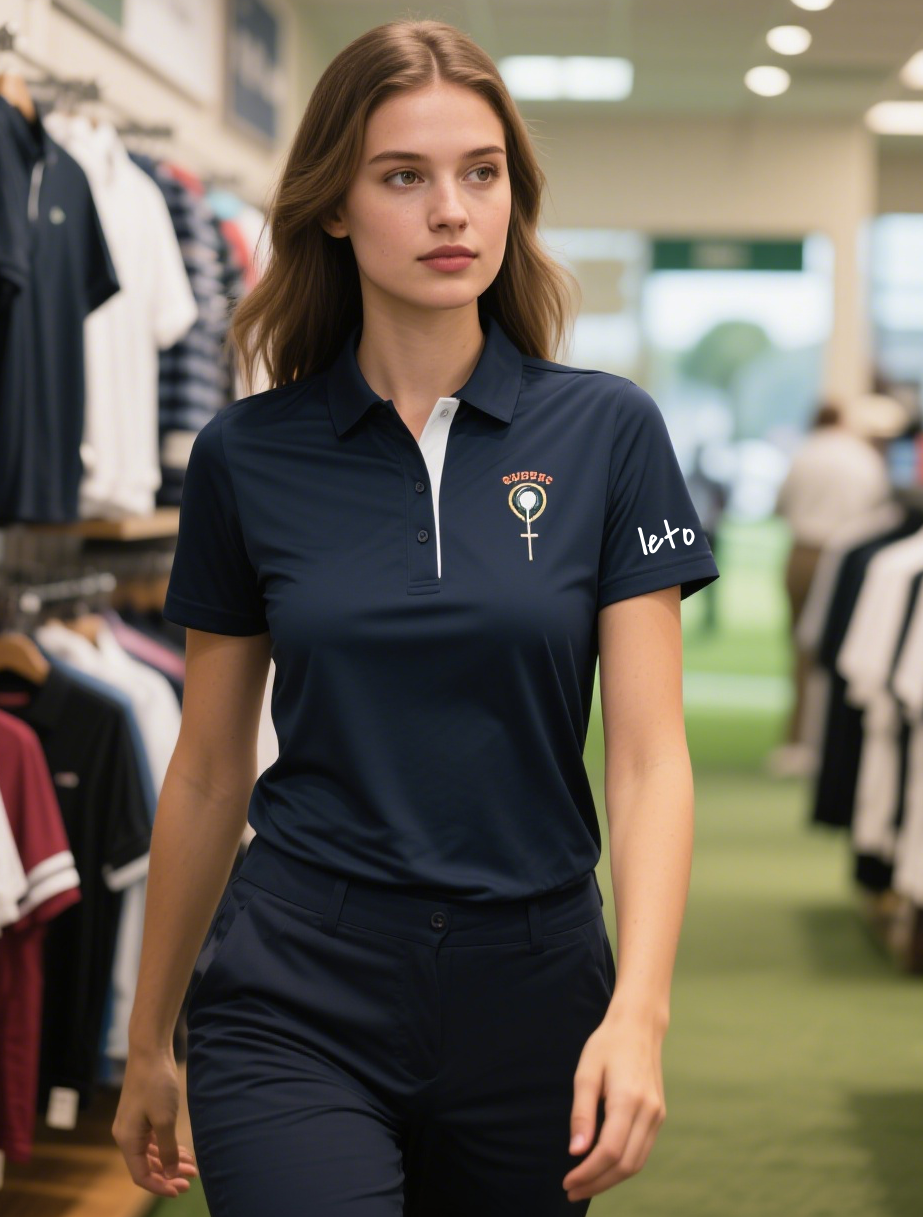
The private label golf apparel industry represents one of the most dynamic and rapidly growing segments in sports fashion today. For golf apparel startups, procurement managers, and fashion buyers seeking to establish or expand their presence in the premium golf market, understanding the complete journey from initial concept to final course-ready product is essential for sustainable success.
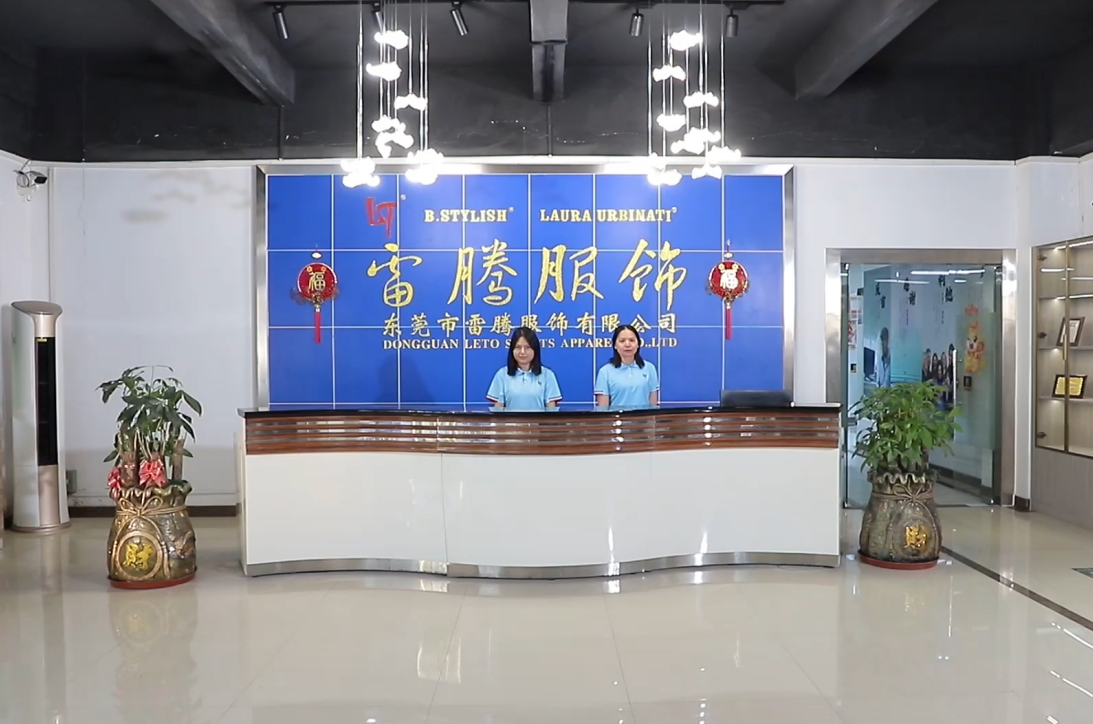
The evolution from a simple design idea to a professionally packaged, market-ready golf garment involves intricate processes that demand expertise, precision, and unwavering commitment to quality. As a leading golf clothing manufacturer, Leto Golf has perfected this journey, combining skilled craftsmanship with cutting-edge technology to deliver exceptional results that exceed client expectations.
The Foundation of Private Label Success: Understanding Market Dynamics
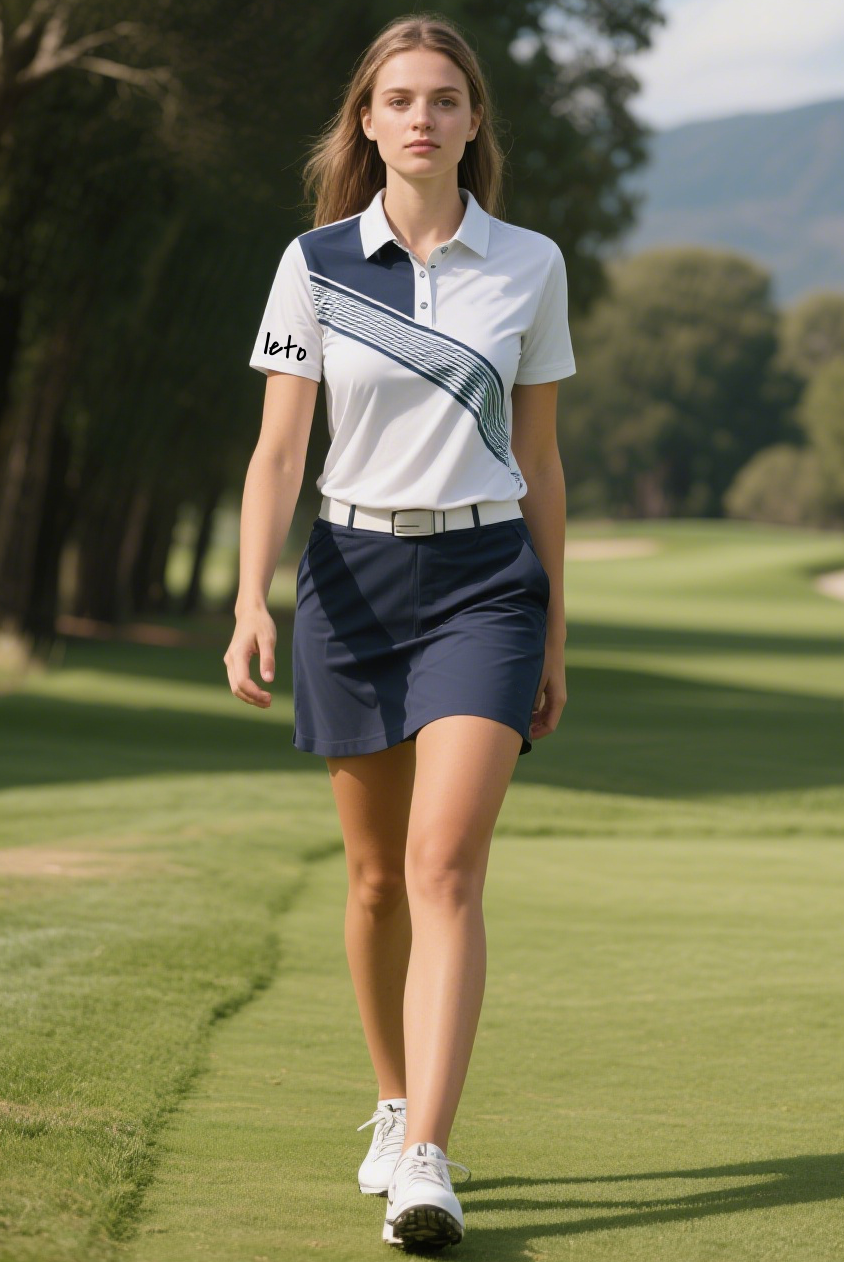
Private label golf wear success begins with a deep understanding of market dynamics and consumer preferences. Today's golf apparel market demands products that seamlessly blend performance, sustainability, and style – a trifecta that defines modern innovative golf fashion. The sophisticated golfer no longer accepts compromises between functionality and aesthetics, driving demand for premium golf fabrics that deliver superior performance while maintaining elegant appearance.
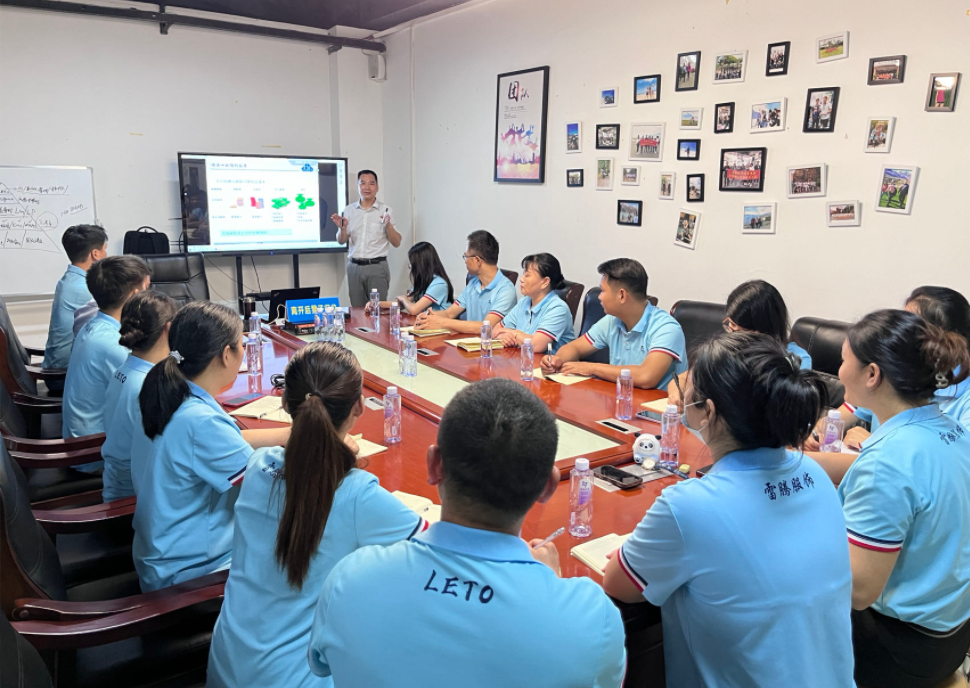
Golf clothing solutions in the private label space require comprehensive market analysis and strategic positioning. Successful brands recognize that their target audience extends beyond traditional golfers to include lifestyle consumers who appreciate the technical sophistication and refined aesthetics of modern golf apparel. This expanded market creates opportunities for unique ladies golf apparel and trendy golf apparel that transitions seamlessly from course to casual settings.
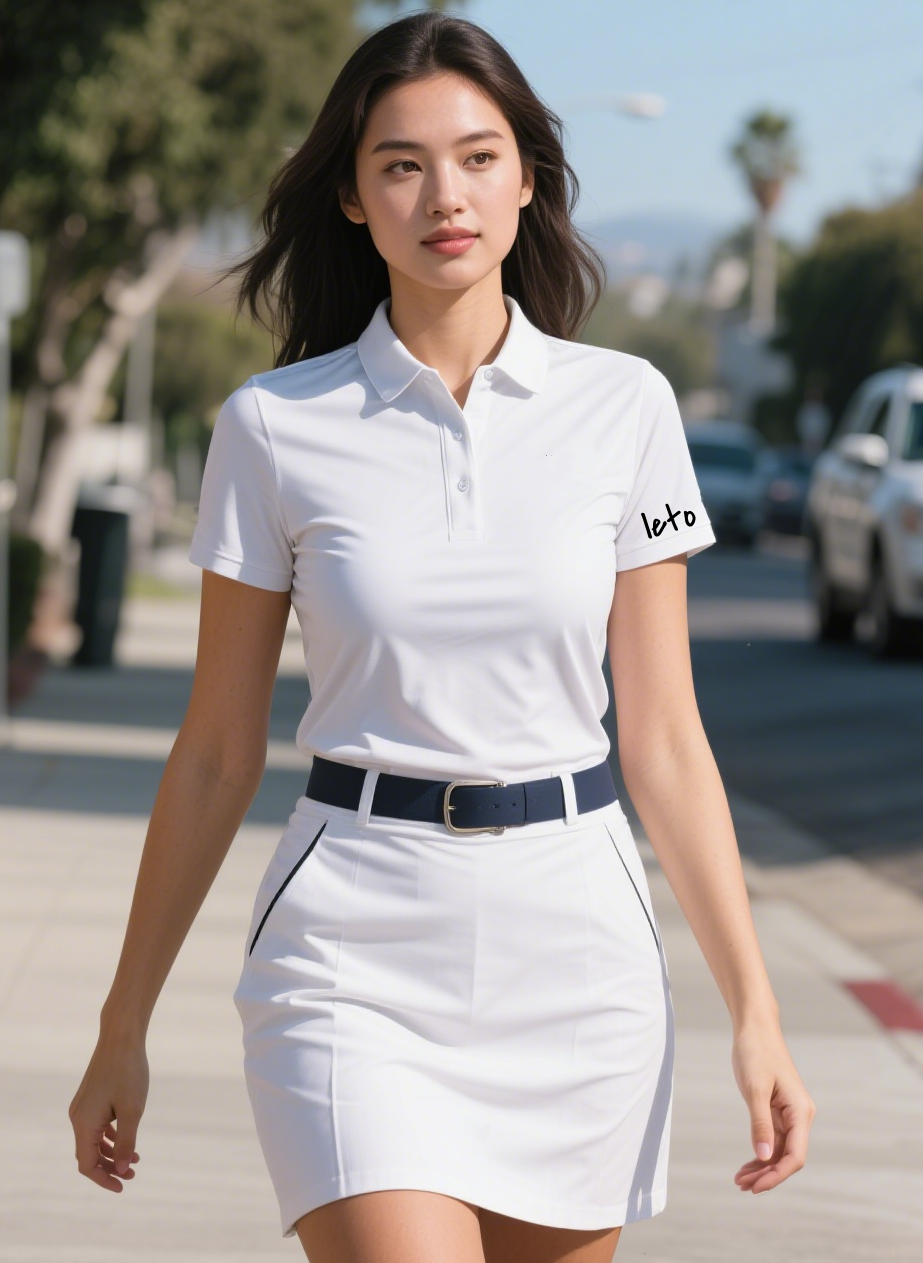
The rise of eco-friendly golf apparel for environmentally conscious brands reflects broader consumer awareness of sustainability issues. Modern consumers, particularly in the premium golf segment, increasingly prioritize brands that demonstrate environmental responsibility without compromising performance or style. This trend has created significant opportunities for recycled golf apparel supplier partnerships and organic cotton golf wear supplier for eco-conscious retailers collaborations.
Design Innovation and Technical Excellence
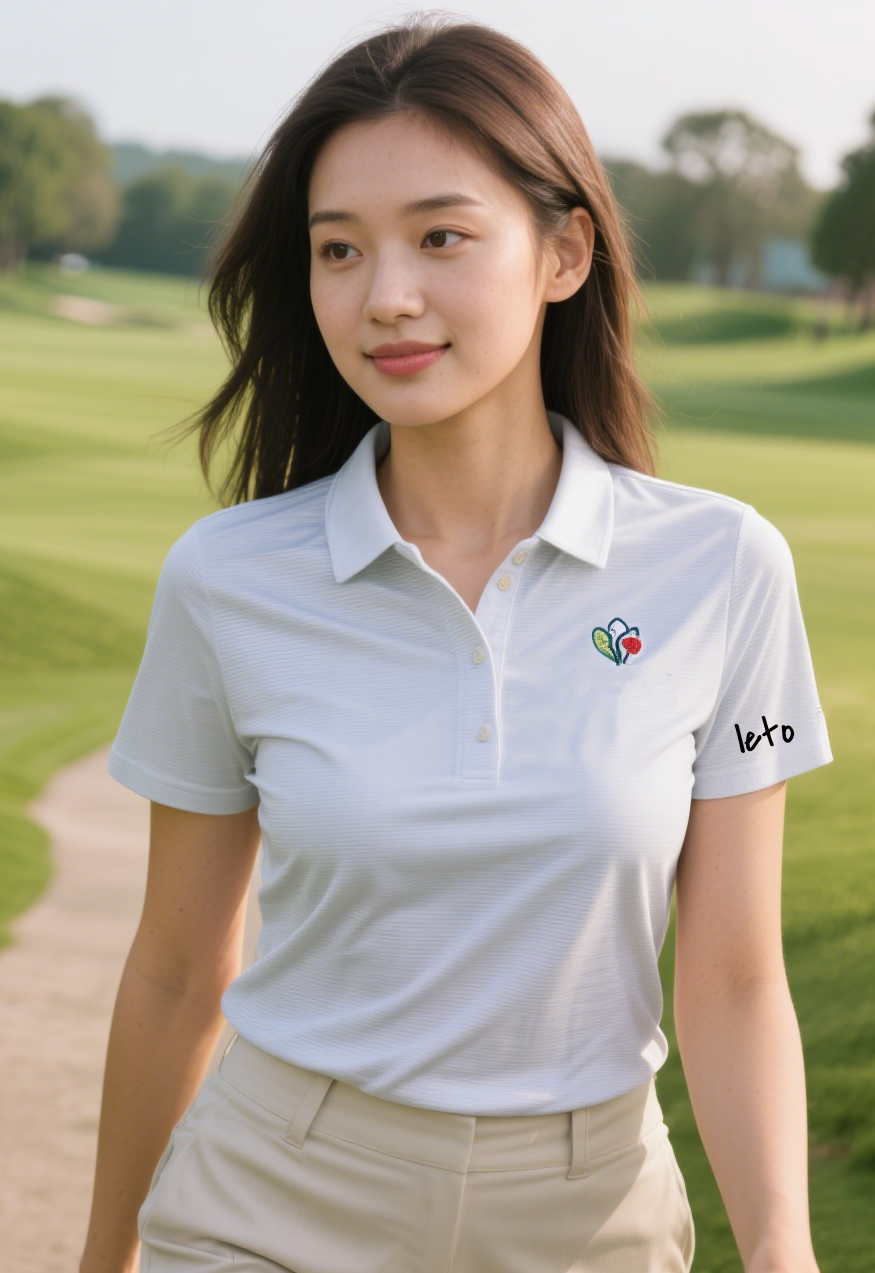
The journey from concept to course begins with innovative design that addresses specific performance requirements while maintaining broad market appeal. Graphene infused golf wear temperature control technology represents the pinnacle of fabric innovation, providing active temperature regulation that responds to environmental conditions and physical exertion levels. This revolutionary material technology enables designers to create garments that maintain optimal comfort across diverse playing conditions.
4-way stretch golf pants ISO 13934 compliance ensures that technical specifications meet international standards for durability and performance. This attention to technical detail demonstrates the commitment to quality that distinguishes premium private label brands from mass-market alternatives. The integration of stretch technology with traditional golf aesthetics requires sophisticated design expertise and manufacturing precision.
Non-restrictive golf polo full swing mobility principles guide the development of upper body garments that provide unrestricted movement during the golf swing while maintaining professional appearance. This balance between functionality and style represents one of the most challenging aspects of golf apparel design, requiring deep understanding of biomechanics and fabric behavior.
Windproof golf jacket for coastal tournaments technology adapts to various garment categories, providing weather protection without compromising breathability or mobility. The ability to incorporate weather-resistant properties into lightweight, packable designs creates versatile pieces that appeal to traveling golfers and tournament professionals.
Manufacturing Excellence and Quality Assurance
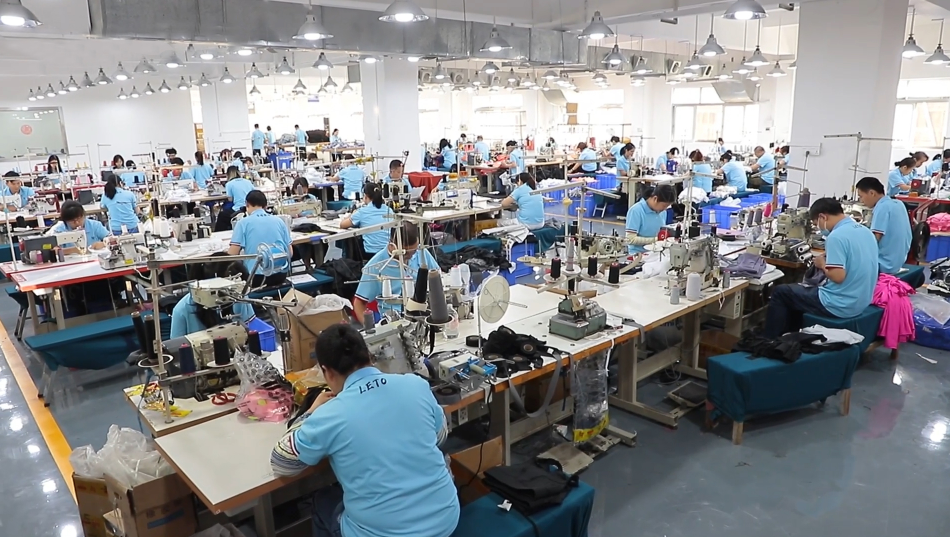
Efficient manufacturing processes form the backbone of successful private label operations. Leto Golf's BSCI audited golf wear factory ensures ethical manufacturing practices while maintaining the flexibility and responsiveness that private label clients demand. This certification provides assurance to brands concerned about supply chain integrity and corporate social responsibility.
The manufacturing process begins with careful material selection and preparation. Premium golf fabrics undergo rigorous testing protocols, including AATCC 183 UV test methodology compliance for sun protection verification. This technical validation ensures that finished garments meet performance claims and provide genuine value to end users.
Skilled craftsmanship manifests throughout the production process, from initial pattern development through final quality inspection. Advanced cutting techniques ensure precise fit and minimize material waste, supporting both quality objectives and sustainability goals. The integration of traditional tailoring skills with modern production technology creates garments that exhibit superior construction quality and durability.
Low MOQ golf apparel 50 pieces capability enables emerging brands to access premium manufacturing services without excessive initial investment. This flexibility particularly benefits golf apparel startups testing market response or launching limited edition collections. The ability to produce small quantities while maintaining quality standards demonstrates manufacturing sophistication and market understanding.
Customization and Brand Differentiation
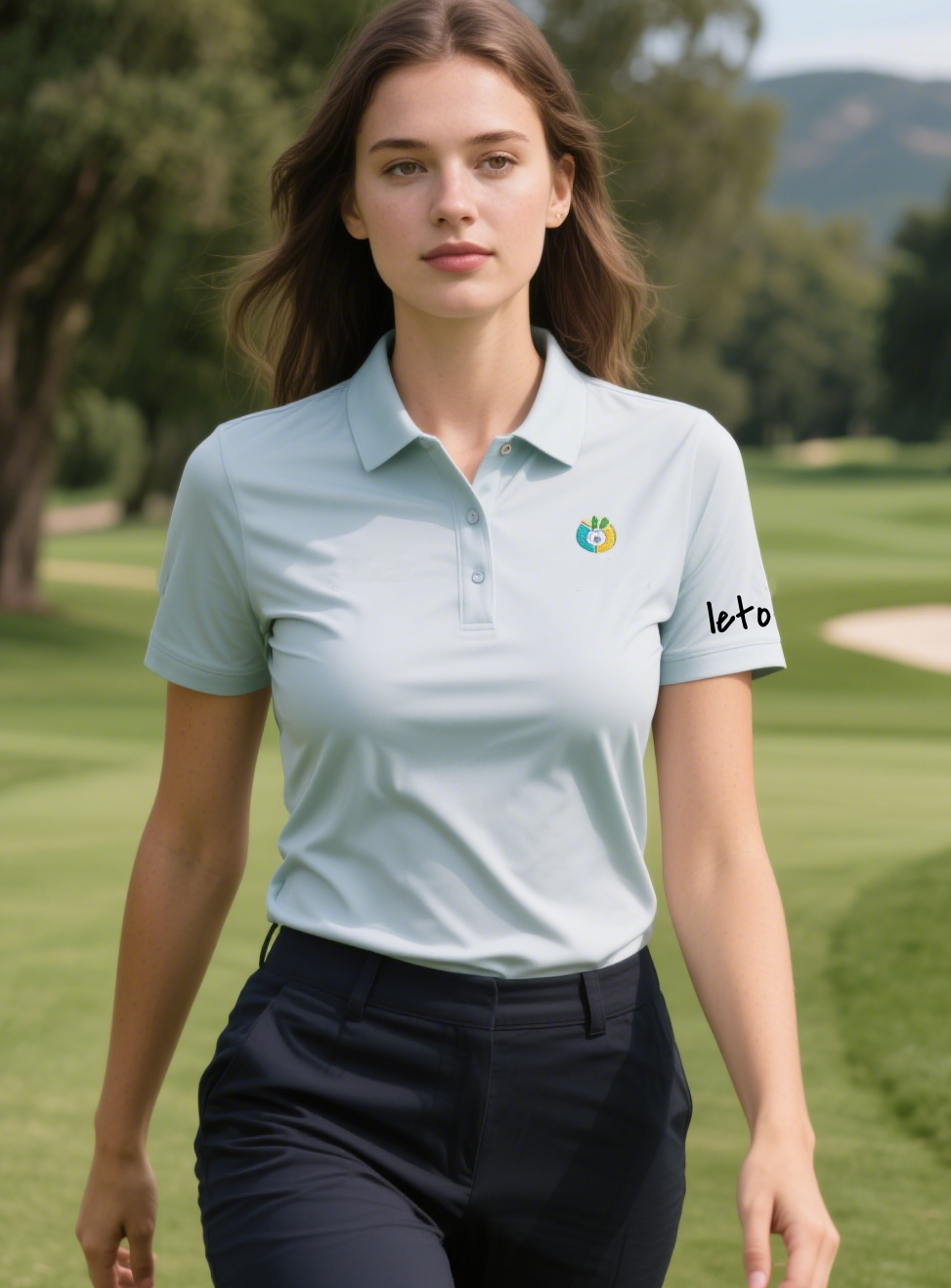
Custom embroidered golf apparel capabilities provide essential brand differentiation tools for private label clients. Advanced embroidery equipment enables intricate designs with exceptional detail and durability, creating distinctive brand elements that enhance perceived value and customer loyalty. Custom logo sport golf shirt applications range from subtle brand marks to elaborate decorative elements that reflect brand personality.
Personalized golf wear extends beyond traditional embroidery to include innovative decoration techniques such as heat transfer, sublimation printing, and laser etching. These diverse capabilities enable brands to create unique visual signatures that distinguish their products in competitive retail environments. The ability to combine multiple decoration techniques on single garments creates premium presentation that justifies higher price points.
Custom golf wear solutions encompass complete wardrobe development, from basic shirts and pants to specialized pieces like lightweight golf vest tournament legal design and sweat-resistant golf wear for tropical climates. This comprehensive approach enables brands to offer cohesive collections that address diverse customer needs while maintaining consistent brand identity.
Country club uniform redesign case study examples demonstrate the transformative power of strategic apparel updates. When golf facilities partner with experienced private label manufacturers, they often achieve improved staff satisfaction, enhanced member experience, and strengthened brand perception. The professional appearance and performance benefits of well-designed uniforms contribute to overall facility ambiance and operational efficiency.
Packaging Excellence and Brand Presentation
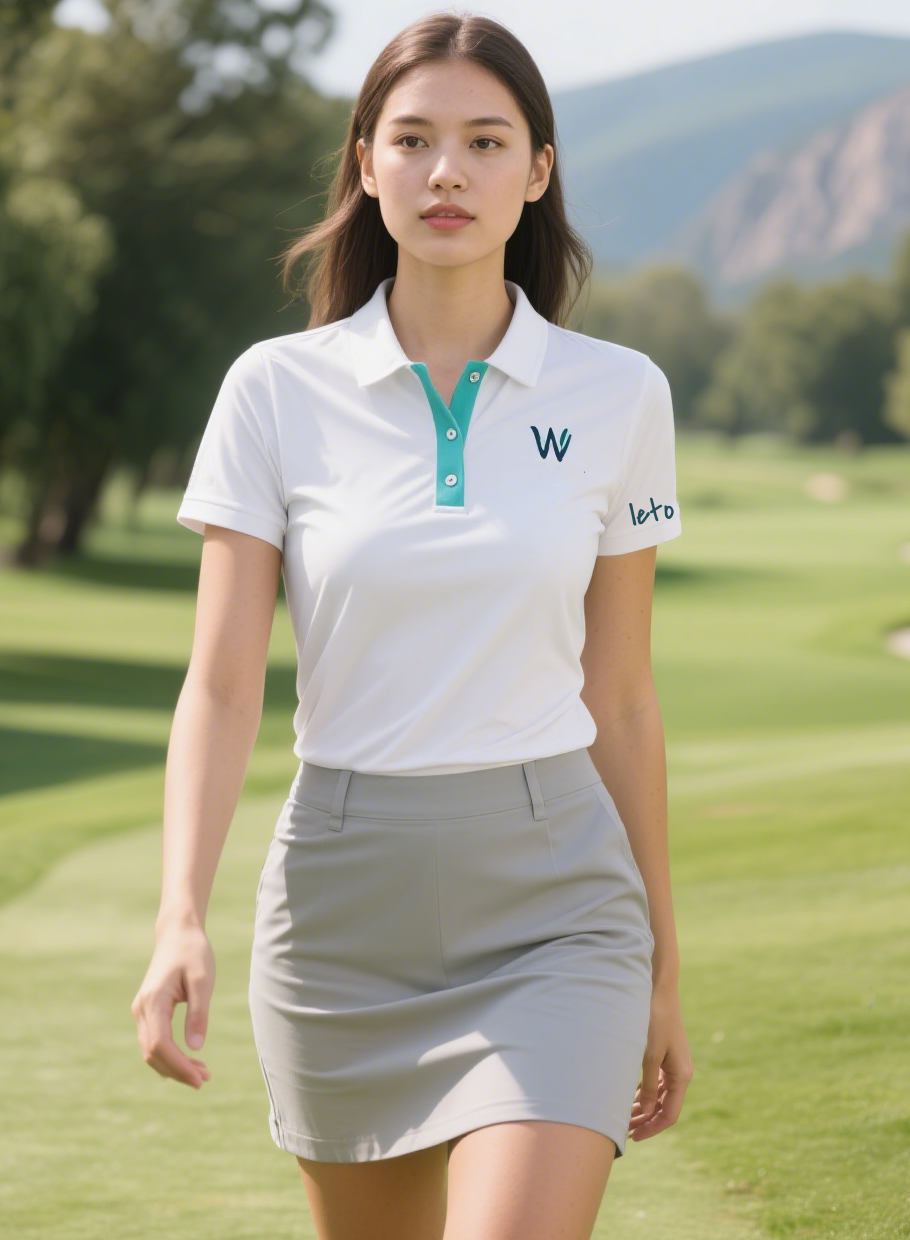
Expert custom packaging represents the final critical element in the concept-to-course journey. Professional packaging serves multiple functions: protecting the garment during shipping and storage, creating positive unboxing experiences, and reinforcing brand identity at the point of purchase. The packaging design must align with brand positioning while providing practical functionality for retail display and consumer handling.
Luxury golf apparel brands ladies particularly benefit from sophisticated packaging that reflects product quality and justifies premium pricing. Elegant packaging materials, thoughtful structural design, and refined graphic elements combine to create memorable brand experiences that encourage customer loyalty and word-of-mouth recommendations.
Sustainable packaging solutions align with the environmental consciousness driving eco-friendly golf apparel for environmentally conscious brands. Recyclable materials, minimal packaging designs, and biodegradable elements demonstrate brand commitment to environmental responsibility while maintaining professional presentation standards.
Market Segmentation and Targeting Strategies
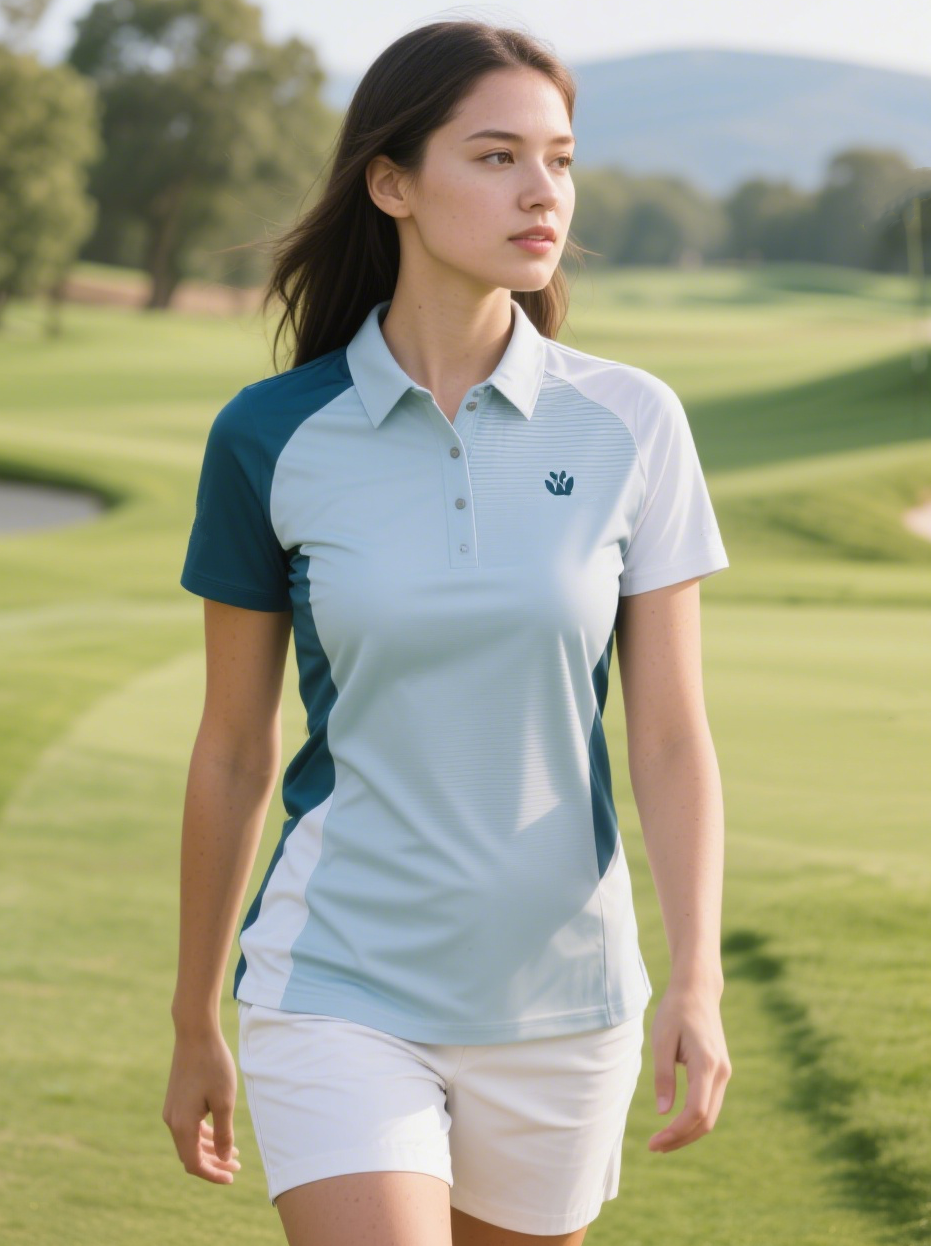
Ladies golf apparel brands represent one of the fastest-growing segments in the golf apparel market. Female golfers increasingly demand apparel that combines technical performance with fashion-forward styling, creating opportunities for brands that understand this dual requirement. Cute golf outfits for ladies must deliver genuine performance benefits while maintaining feminine aesthetics that appeal to style-conscious consumers.
The development of unique ladies golf apparel requires deep understanding of female golfer preferences, body fit requirements, and lifestyle integration needs. Successful brands recognize that women often view golf apparel as versatile pieces suitable for various activities beyond golf, driving demand for designs that transition seamlessly between athletic and casual settings.
Golf shirt suppliers and golf clothing suppliers serving the private label market must understand diverse segment requirements and maintain flexibility to accommodate varying design preferences and technical specifications. This adaptability enables long-term partnerships with brands as they evolve and expand their market presence.
Technology Integration and Innovation
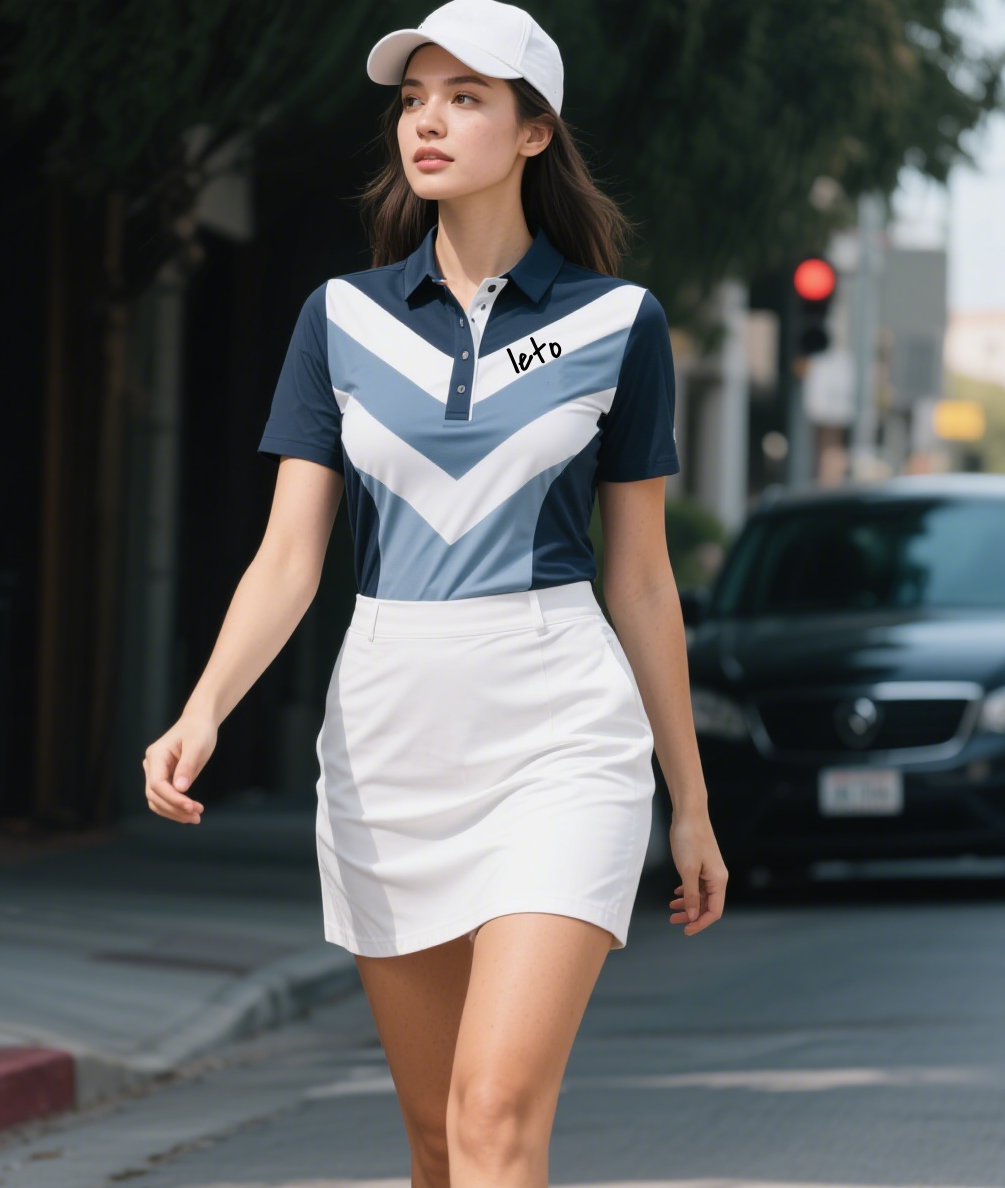
Innovative golf fashion increasingly incorporates smart textiles and advanced material technologies. Graphene integration represents just the beginning of material innovation, with future developments likely to include moisture-activated cooling systems, integrated stretch recovery mechanisms, and adaptive fit technologies that respond to body movement patterns.
Golf shirt solutions continue evolving with advances in fabric technology, construction techniques, and performance testing methodologies. The integration of technical performance features with traditional golf aesthetics requires sophisticated design skills and deep understanding of both golfer needs and fashion trends.
Advanced manufacturing equipment enables precise execution of complex design elements while maintaining production efficiency. Computer-controlled cutting systems ensure consistent piece sizes and minimize material waste, while automated sewing equipment maintains stitch quality and reduces production time.
Quality Control and Performance Testing
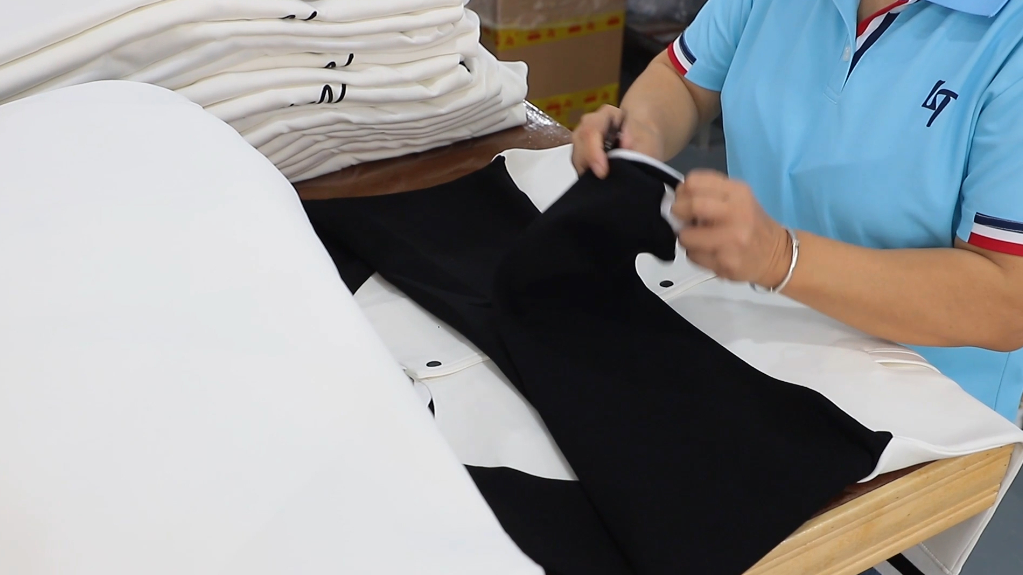
Comprehensive quality control processes ensure that private label products meet performance claims and durability expectations. AATCC 183 UV test methodology compliance verifies sun protection properties, while stretch and recovery testing confirms fabric performance over time. These technical validations provide confidence to brands making performance claims and warranty commitments.
Premium golf fabrics undergo multiple testing phases, from initial material qualification through finished garment validation. This thorough approach identifies potential issues before they reach consumers, protecting brand reputation and minimizing return rates.
Golf clothing manufacturer partnerships should include comprehensive testing protocols and quality assurance procedures. The ability to provide detailed test results and performance documentation supports brand marketing efforts and provides technical validation for performance claims.
Sustainability and Environmental Responsibility
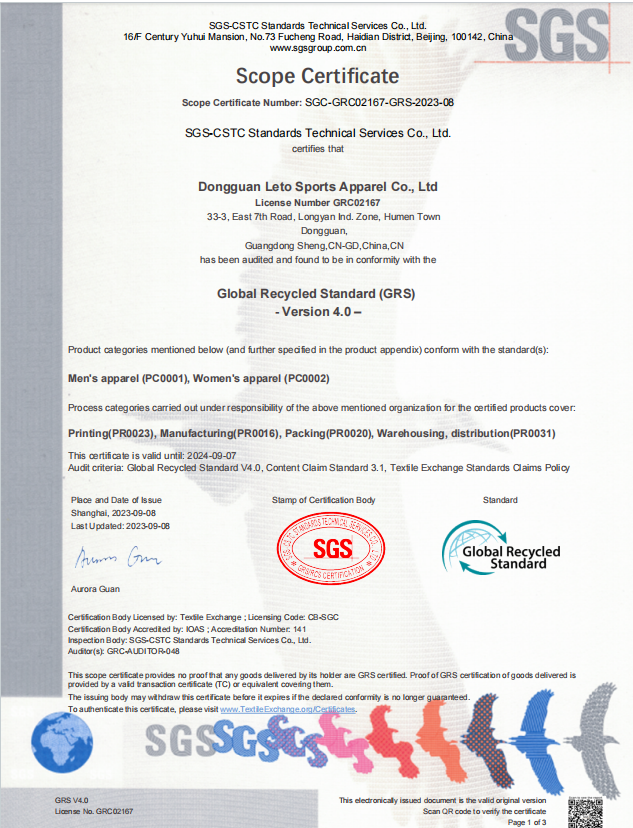
Sustainable golf apparel development requires comprehensive consideration of material sourcing, manufacturing processes, packaging materials, and end-of-life disposal options. Forward-thinking brands recognize that environmental responsibility represents both ethical obligation and competitive advantage in today's market.
Recycled golf apparel supplier partnerships enable brands to offer environmentally responsible options without compromising performance or style. Advanced recycling technologies can transform post-consumer waste into high-performance fabrics that meet or exceed virgin material specifications.
Organic cotton golf wear supplier for eco-conscious retailers relationships provide access to sustainable materials that appeal to environmentally aware consumers. The integration of organic materials with technical performance features requires specialized expertise and careful supply chain management.
Financial Considerations and ROI Optimization
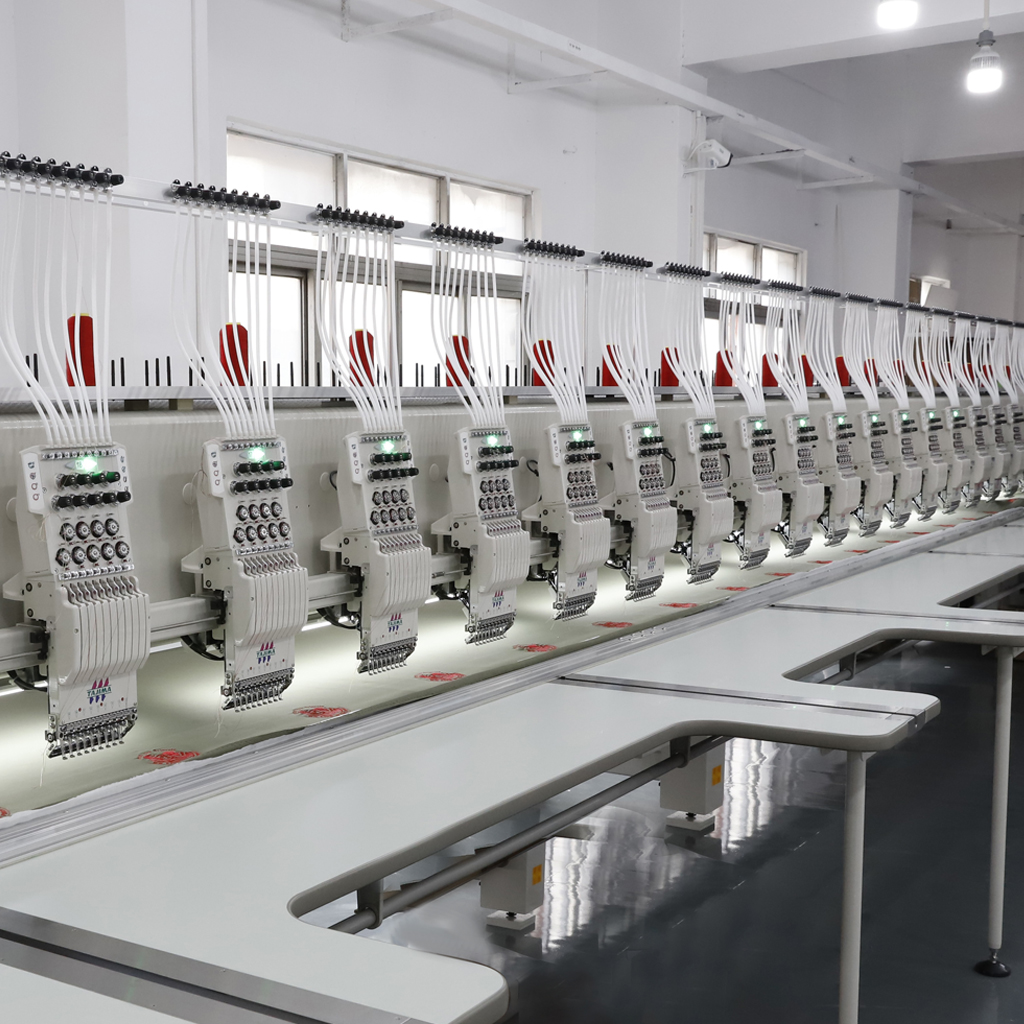
Embroidery golf hat minimum quantity requirements and similar specifications impact initial investment and inventory planning for private label brands. Understanding minimum order quantities across product categories enables better cash flow management and inventory optimization.
The low MOQ golf apparel 50 pieces capability particularly benefits emerging brands testing market response or launching seasonal collections. This flexibility enables data-driven decision making and reduces financial risk during market entry phases.
Cost optimization strategies must balance quality requirements with target price points while maintaining acceptable profit margins. Experienced manufacturers can provide guidance on design modifications that reduce costs without compromising performance or appearance.
Future Trends and Market Evolution
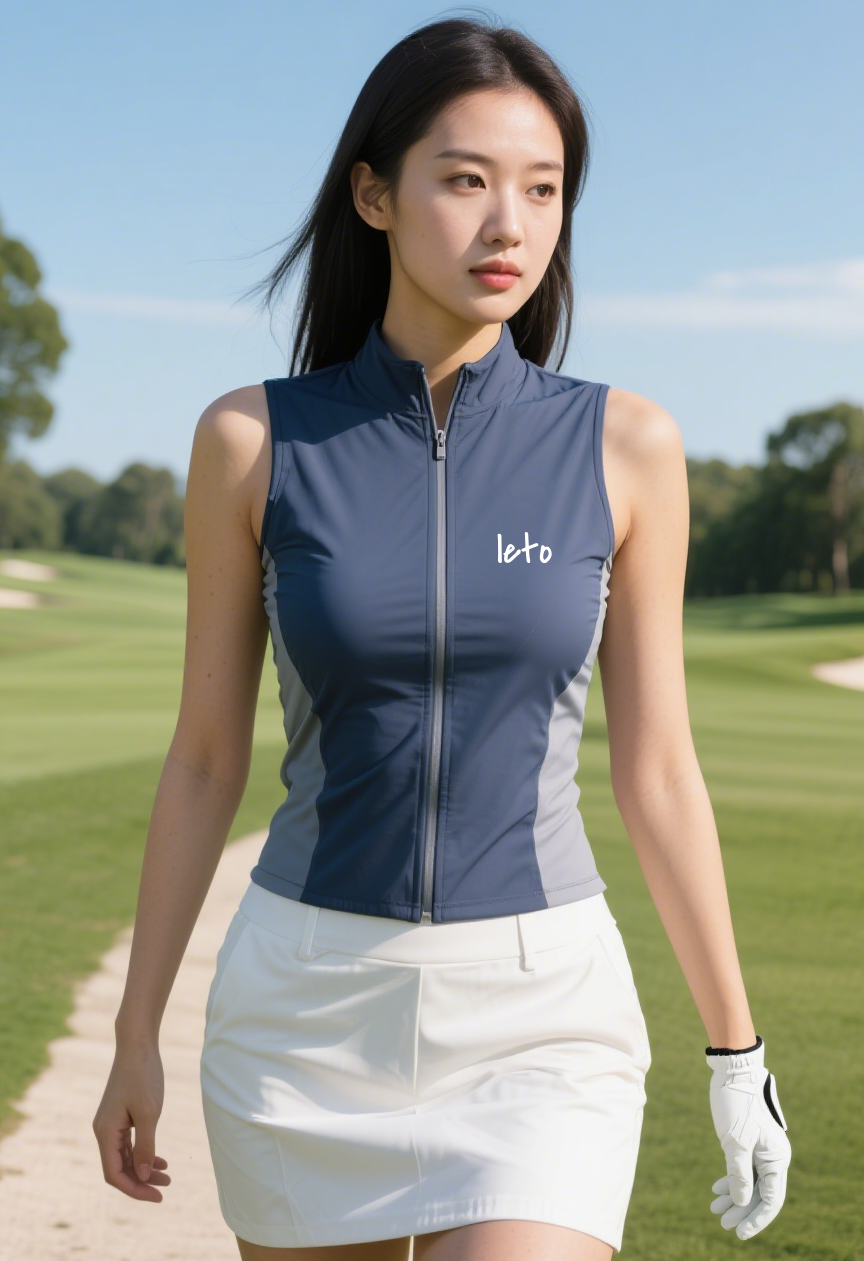
The private label golf wear market continues evolving with changing consumer preferences, technological advances, and demographic shifts. Younger golfers bring different expectations regarding style, sustainability, and technology integration, driving innovation in design and manufacturing approaches.
Trendy golf apparel increasingly blurs traditional boundaries between athletic wear and casual fashion. This evolution creates opportunities for brands that successfully balance performance requirements with lifestyle appeal.
The integration of wearable technology, smart textiles, and personalized fit solutions will likely define the next generation of premium golf apparel. Brands that anticipate and adapt to these trends will be best positioned for long-term success.
Conclusion: Partnership for Success
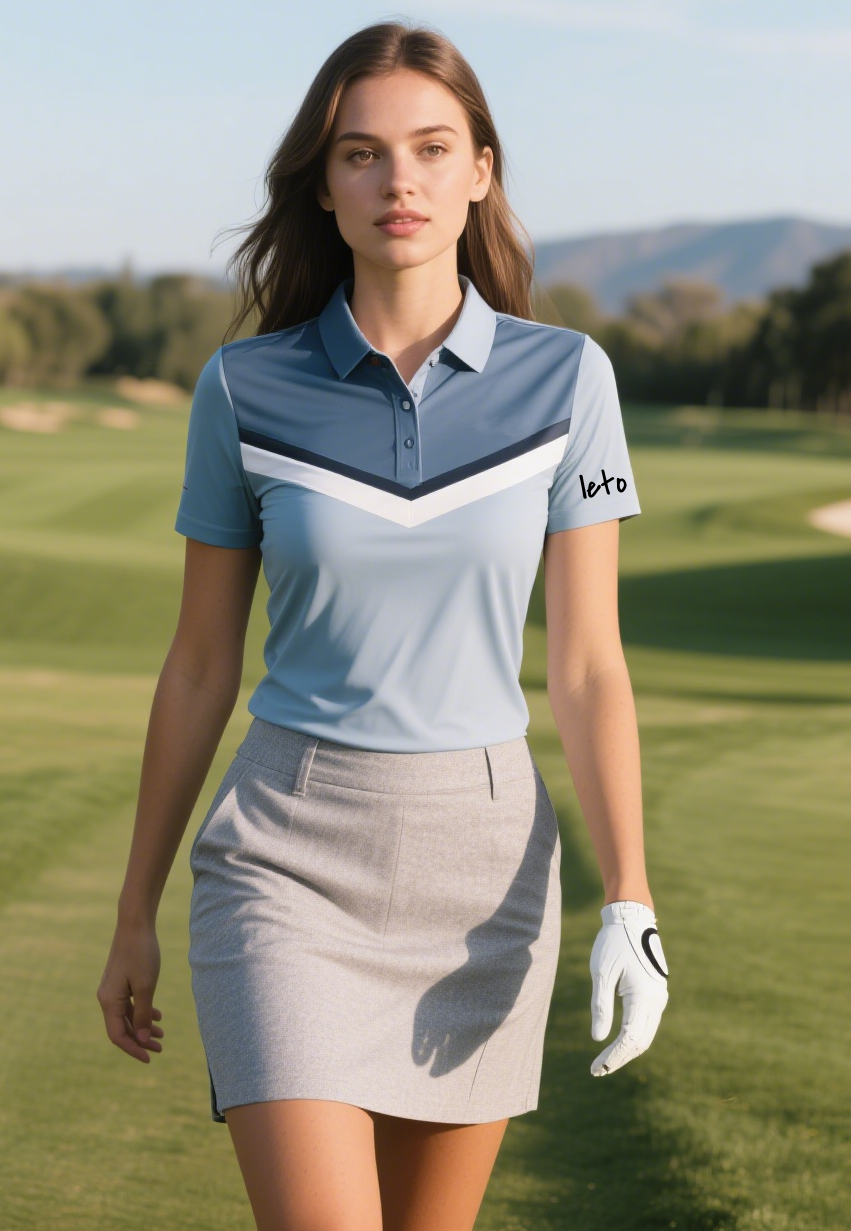
The journey from concept to course requires expertise, dedication, and unwavering commitment to quality at every stage. Leto Golf's comprehensive approach to private label manufacturing combines innovative design capabilities, advanced manufacturing technology, and sophisticated packaging solutions to deliver exceptional results that exceed client expectations.
Our commitment to efficient manufacturing, skilled craftsmanship, and customer success drives continuous improvement in processes and capabilities. The ability to accommodate low MOQ golf apparel 50 pieces orders while maintaining quality standards demonstrates our dedication to supporting brands at every stage of their development.
Success in the private label golf wear market requires more than just manufacturing capability – it demands a true partnership approach that combines technical expertise with market understanding and strategic vision. By choosing experienced partners who understand the complete concept-to-course journey, brands can focus on market development and customer relationships while ensuring product excellence and delivery reliability.
The future of private label golf wear belongs to brands that successfully integrate performance, sustainability, style, and value into cohesive offerings that resonate with modern consumers. Through strategic partnerships with experienced manufacturers, these brands can achieve their vision while building sustainable competitive advantages in an increasingly sophisticated market.
Post time: 25-07-19








